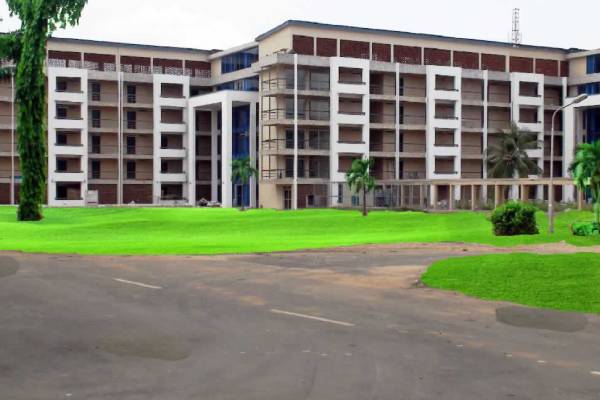Stakeholders in Nigeria’s Information and Communications Technology (ICT) and telecommunications sector have urged the Federal Government to strengthen the Digital Bridge Institute (DBI) rather than establish a new National Telecom Academy, as part of efforts to close skill gaps in the industry.
The call was made at the Stakeholders’ Consultative Forum on Digital Skill Gaps in the Telecom Value Chain, organised by the Nigerian Communications Commission (NCC) in Lagos.
Participants stressed that the DBI, with adequate funding, an expanded mandate and stronger partnerships, could serve as the primary hub for developing local skills and boosting industry growth.
Speaking at the forum themed “Bridging the Telecom Value Chain Skill Gap: Empowering Indigenous Talents for Industry Growth”, Vice President of the Nigeria Infrastructure Fund at the Nigeria Sovereign Investment Authority (NSIA), Abraham Durosawo, said the DBI had performed creditably but needed further strengthening.
“The solution to address widening telecom skill gaps in Nigeria lies in strengthening the DBI rather than establishing a new National Telecom Academy,” Durosawo said. “Its scope and mandate should be expanded, while more investors and shareholders with the capacity and interest to grow the sector should be attracted.”
Industry leaders, including President of the Association of Telecommunications Companies of Nigeria (ATCON), Tony Izuagbe Emoekpere; Chairman of the Association of Licensed Telecommunications Operators of Nigeria (ALTON), Gbenga Adebayo; and NCC’s Director of Technical Standards and Network Integrity, Mr. Edoyemi Ogoh, who represented the Executive Vice Chairman of NCC, Dr. Aminu Maida, all backed the proposal.
They identified shortage of skilled professionals in key areas such as research and engineering, fibre planning, cybersecurity, data centre operations and project management as a major threat to Nigeria’s digital economy.
Adebayo stressed the importance of mid-level skills and practical training, urging operators to sponsor campuses, scholarships, certifications and job pathways to strengthen retention. “In four years, I lost 12 skilled technicians to Canada, Germany, the U.S. and the UK. It’s not just about training them, but retaining them with better incentives and social guarantees,” he said.
The forum also called for stronger collaboration between the government, regulators, industry and academia to boost indigenous talent and reduce the country’s reliance on foreign expertise.





